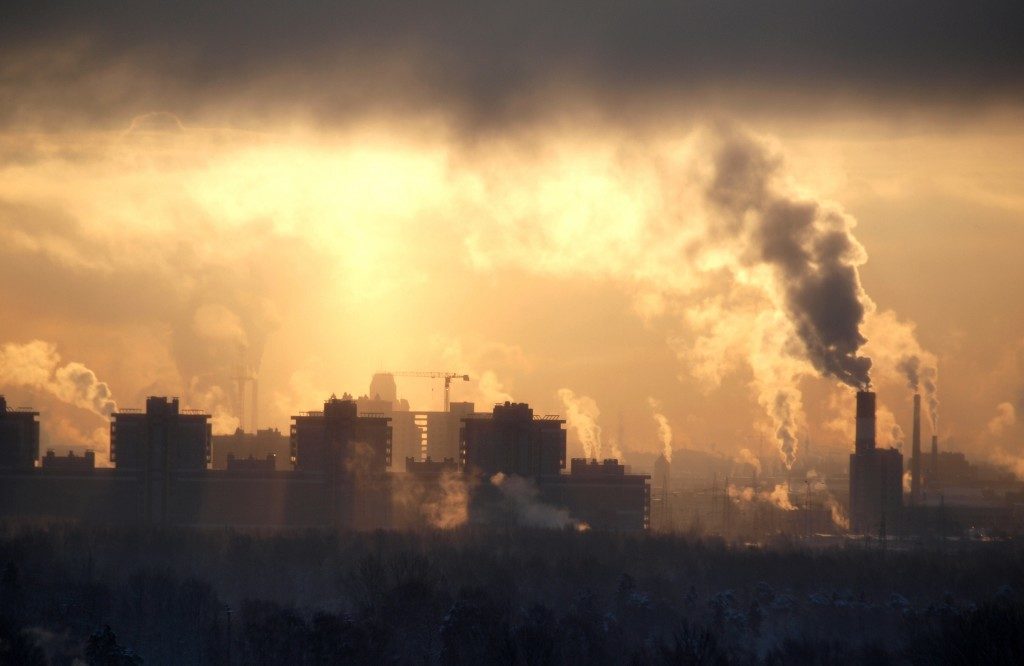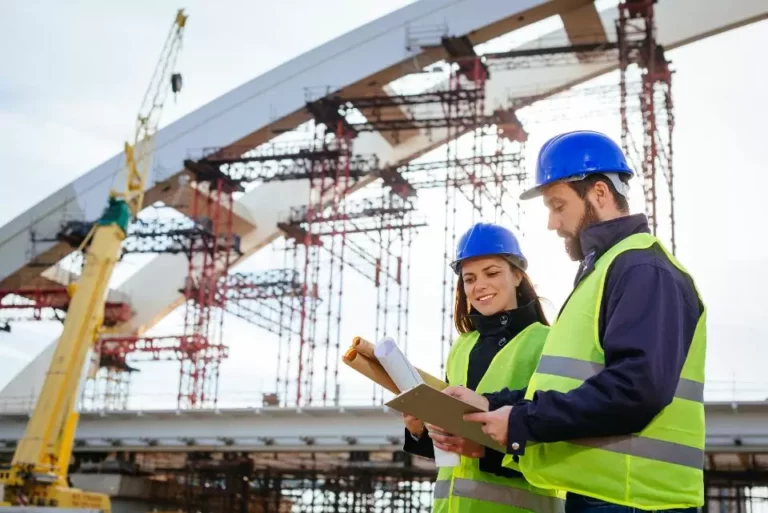Unmasking the Silent Crisis: Air Pollution on a Global Scale
Air pollution is a pressing global issue that transcends boundaries and affects people, ecosystems, and the environment on a massive scale. It is a silent crisis that has severe health, environmental, and socioeconomic implications. In this article, we will delve into the depths of this crisis, understanding its causes, impact, and the urgent need for collective action.
Understanding Air Pollution
Definition: Air pollution refers to the presence of harmful substances in the air, primarily resulting from human activities, that can cause harm to living organisms and the environment.
Major Causes of Air Pollution
1. Industrial Emissions:
Heavy industries and manufacturing processes release pollutants like sulfur dioxide, nitrogen oxides, and particulate matter into the air.
2. Transportation:
Vehicles, especially those running on fossil fuels, emit pollutants like carbon monoxide, nitrogen oxides, and particulate matter.
3. Agricultural Activities:
The use of fertilizers, pesticides, and herbicides releases harmful gases and particulates into the air.
4. Residential Heating and Cooking:
Burning wood, coal, and other fuels for heating and cooking in households can lead to indoor and outdoor air pollution.
5. Waste Burning:
Open burning of waste materials releases harmful pollutants and toxic gases into the atmosphere.
Impact of Air Pollution
1. Health Implications:
- Respiratory diseases like asthma, chronic obstructive pulmonary disease (COPD), and lung cancer.
- Cardiovascular diseases including heart attacks and strokes.
- Adverse effects on children’s development and mental health issues.
2. Environmental Degradation:
- Damage to vegetation and crops due to exposure to pollutants.
- Acid rain, harming aquatic ecosystems, forests, and soil quality.
- Depletion of the ozone layer, contributing to climate change.
3. Climate Change:
- Greenhouse gases like carbon dioxide, methane, and nitrous oxide contribute to global warming, resulting in extreme weather events, rising sea levels, and disruptions in ecosystems.
Combating Air Pollution
1. Government Policies and Regulations:
- Implement and enforce stringent air quality standards and emission controls.
- Encourage and invest in cleaner and sustainable transportation systems.
- Promote renewable energy sources and discourage the use of fossil fuels.
2. Public Awareness and Education:
- Educate the public about the hazards of air pollution and how individuals can contribute to reducing it.
- Encourage lifestyle changes such as reducing energy consumption, waste, and adopting sustainable practices.
3. Technological Innovations:
- Develop and adopt advanced technologies for industries, vehicles, and energy production to reduce emissions.
- Invest in research for cleaner and more efficient energy sources.
Conclusion
Air pollution is a global crisis that demands immediate and sustained action. Governments, organizations, communities, and individuals must come together to combat this menace, safeguarding the health of current and future generations and preserving the environment for a sustainable future. The time to act is now, for a breath of fresh air and a cleaner, healthier planet.







